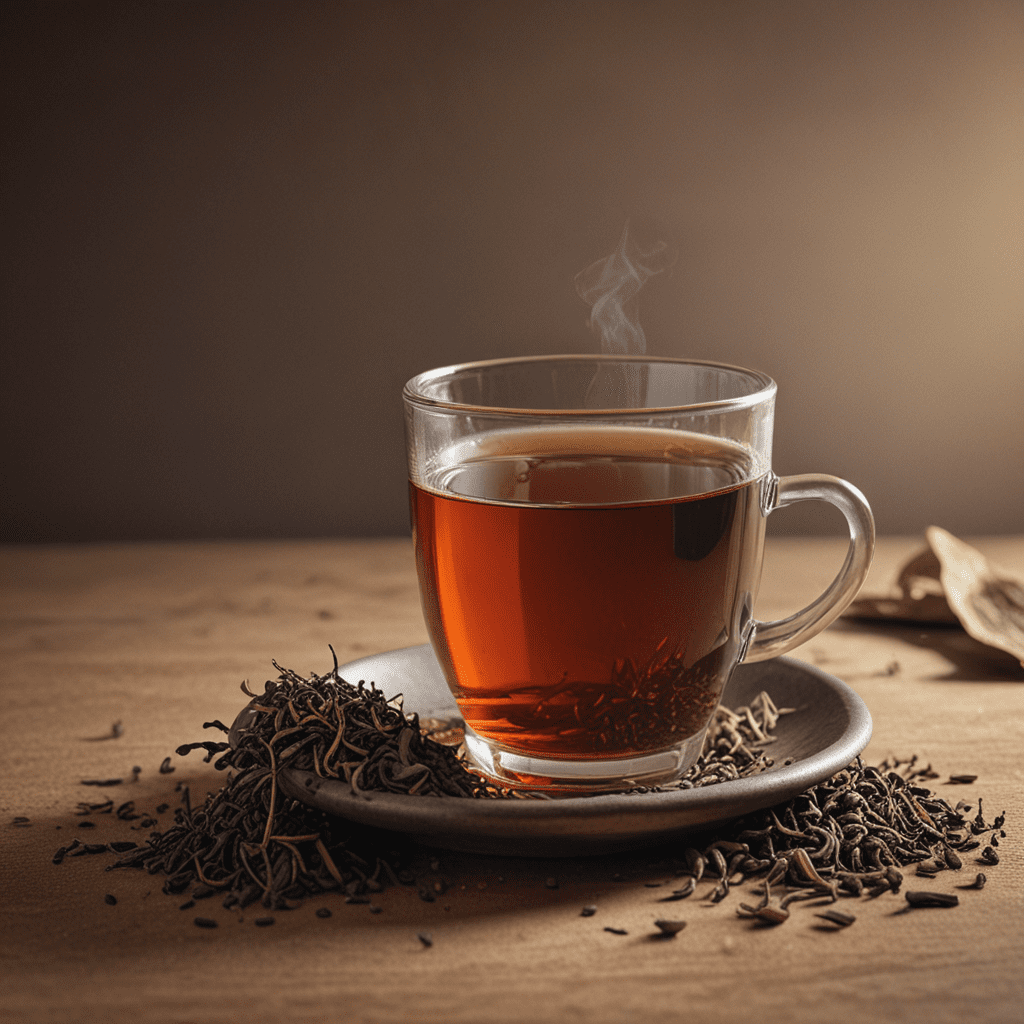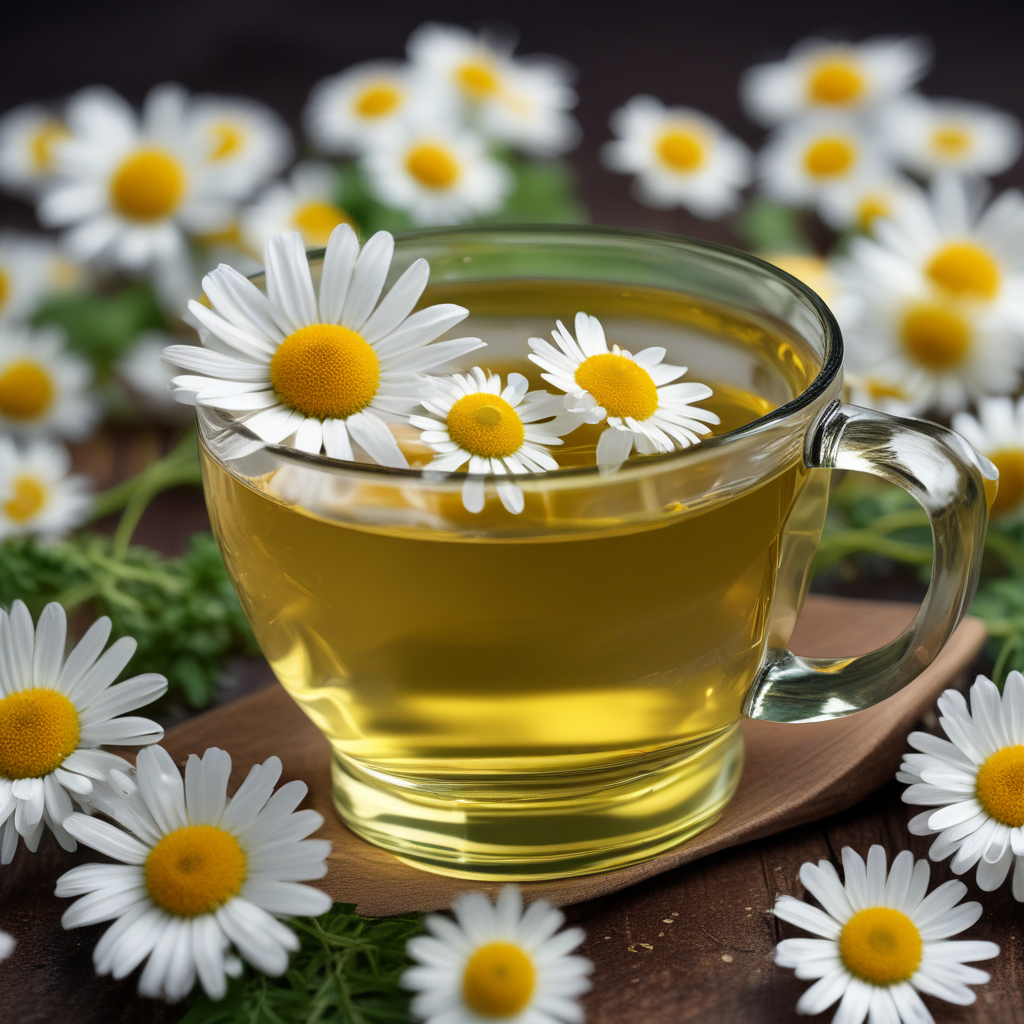Assam Tea: The Finest Brew from India’s Heartland
Introduction
Assam tea, renowned for its robust flavor and malty aroma, is a cherished beverage that has captured the hearts of tea enthusiasts worldwide. Cultivated in the verdant valleys of Assam, a state nestled in the northeastern region of India, Assam tea embodies the essence of this vibrant land. Its unique terroir, meticulous cultivation practices, and diverse varieties have made it an indispensable part of Indian culture and a global symbol of excellence in tea craftsmanship.
History of Assam Tea
The origins of Assam tea can be traced back to the 1820s when British tea planters first discovered wild tea plants growing in the forests of Assam. Recognizing the potential of this indigenous variety, they established plantations and began cultivating it commercially. By the mid-19th century, Assam tea had gained international acclaim, becoming one of the most sought-after teas in the world. Today, Assam remains the largest tea-producing region in India, accounting for over half of the country's total tea production.
Assam’s Unique Terroir
Assam's exceptional tea is a testament to the unique terroir of the region. The Brahmaputra River, which flows through the heart of Assam, provides fertile alluvial soil rich in organic matter, creating an ideal environment for tea bushes to flourish. The region's warm and humid climate, with ample rainfall and sunshine, further contributes to the production of high-quality tea leaves. The combination of these factors results in a tea that is full-bodied, malty, and exceptionally aromatic.
6. Health Benefits of Assam Tea
Assam tea is not only a delightful beverage but also a source of numerous health benefits. It is rich in antioxidants, which help protect the body from cellular damage caused by free radicals. These antioxidants have been linked to reduced risk of chronic diseases such as heart disease, cancer, and Alzheimer's disease. Assam tea is also a good source of polyphenols, which have antibacterial and antiviral properties. Additionally, the caffeine content in Assam tea provides a gentle energy boost without the jitters associated with coffee.
7. Economic Importance of Assam Tea
Assam tea is a major economic driver for the state of Assam. The tea industry provides employment to millions of people, including farmers, plantation workers, and those employed in processing and packaging. Assam tea is exported to over 100 countries around the world, earning valuable foreign exchange for India. The revenue generated from tea exports supports the development of infrastructure, education, and healthcare in the region.
8. Cultural Significance of Assam Tea
Assam tea is deeply entwined with the cultural fabric of Assam. The tea gardens, with their rows of lush tea bushes, have become iconic symbols of the state. Tea drinking is an integral part of daily life in Assam, with families and communities gathering to share a cup of freshly brewed tea. Assam tea is also used in traditional ceremonies and festivals, adding to its cultural significance.
9. Tourism and Assam Tea
Assam's tea gardens are a major tourist attraction. Visitors from around the world come to experience the beauty of the tea plantations and learn about the tea-making process. Tea tourism provides additional income for local communities and promotes the cultural heritage of Assam. Many tea estates offer guided tours, tea tastings, and opportunities to interact with tea workers.
10. Conclusion
Assam tea is a true treasure of India. Its unique flavor, health benefits, economic importance, and cultural significance have made it an indispensable part of Indian society. Whether enjoyed as a daily beverage or savored during special occasions, Assam tea embodies the essence of India's rich tea heritage. As the world continues to seek out exceptional teas, Assam tea will undoubtedly remain a favorite among discerning tea enthusiasts for generations to come.
FAQ
Q: What is the best way to brew Assam tea?
A: Assam tea is best brewed using the traditional method. Bring fresh water to a boil and pour it over tea leaves in a teapot or teacup. Allow the tea to steep for 3-5 minutes, depending on desired strength. Add milk and sugar to taste.
Q: What are the different types of Assam tea?
A: There are various types of Assam tea, including black tea, green tea, and oolong tea. Each type offers a unique flavor profile and brewing characteristics.
Q: Where can I buy Assam tea?
A: Assam tea can be purchased from tea shops, grocery stores, and online retailers. Look for reputable brands that provide high-quality tea.


